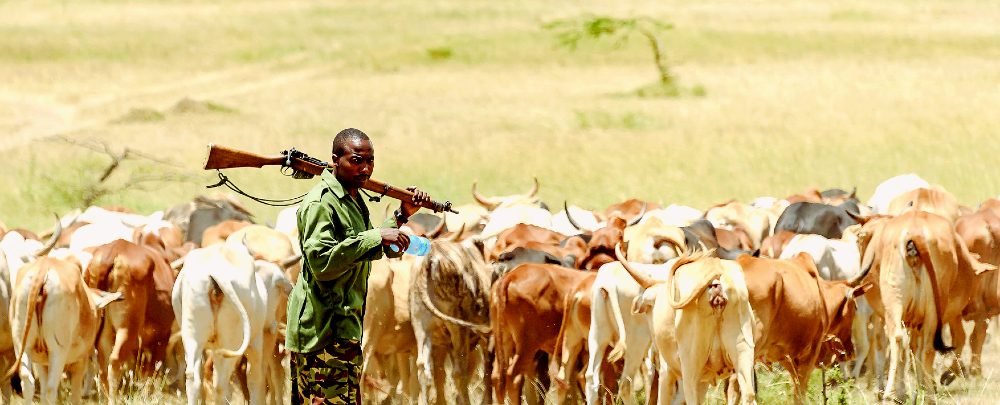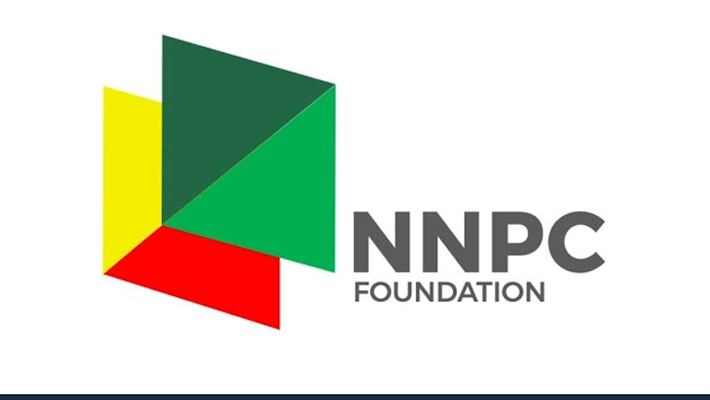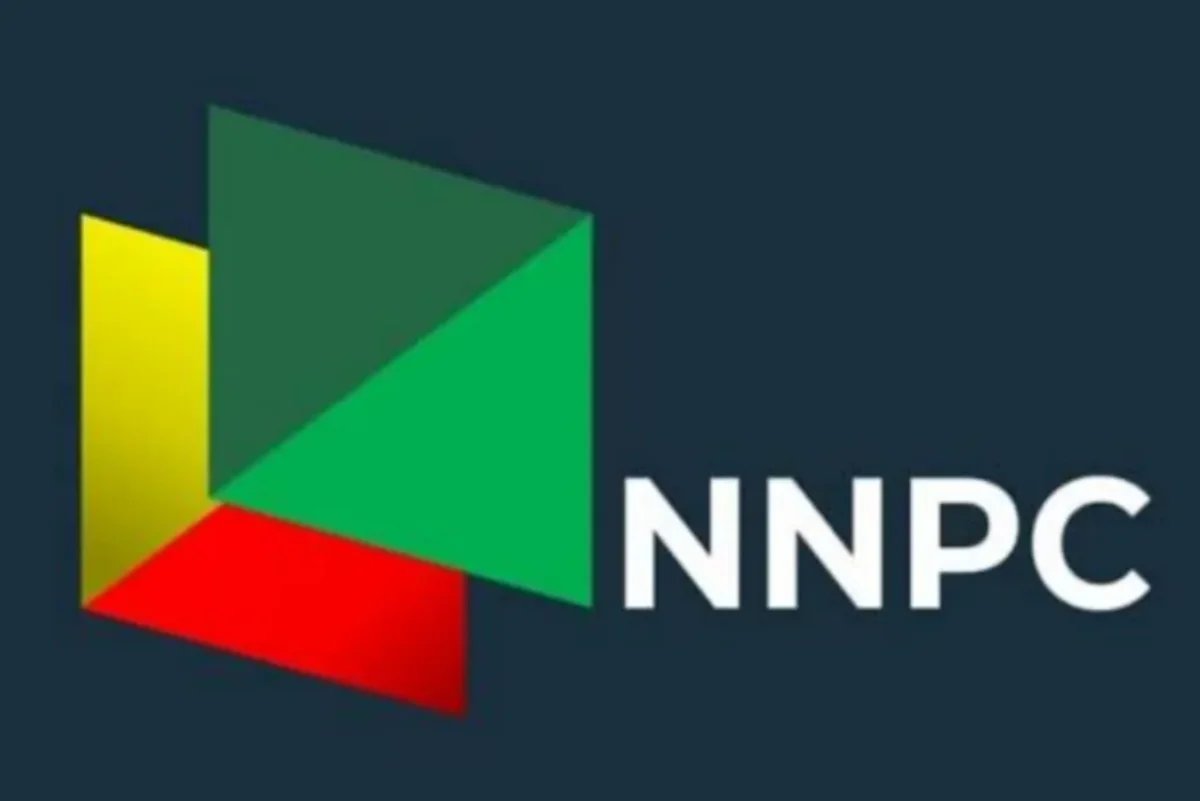There are indications that the farmer/herder clashes that have impaired production of agricultural products, especially food, may soon come to pass. This is because the administration of President Bola Tinubu is collaborating with countries in the African Union, AU to address this problem. To this effect the federal government, and AU Member States have taken urgent actions to address Livestock Feed Shortages and Avert Future Feed Related Disasters.
The Minister of State for Agriculture and Food Security (FMAFS), Aliyu Abdullahi did not mince words in admitting that the government was deficient in taking the necessary action in the past. Speaking during the Resilient African Feed and Fodder Systems (RAFFS) project meeting held in Abuja, the minister said the present administration has decided to do away with that lethagy.
He said though the new move “Was something that Nigeria ought to have done 20 years back, but it is not too late to begin”.
Abdullahi in a statement by the Chief Information Officer FMAFS Eremah Anthonia expressed optimism about the federal government’s commitment to tackle the menace and support the outcome of the meeting.
He said, “I assure you of my total support, and I look forward to the outcome of the important mission, I want to guarantee you that going forward, we are going to step up our action and ensure that this platform becomes the talk-about platform in Africa and beyond.”
For those who may entertain fears about support from other nations, Abdullahi assured then that “This is a mission coming from the African Union Inter Africa Bureau of Animal Resources to help us achieve that goal, at the end of the day, we are expecting to have a very vibrant, productive and profitable feed and fodder industry.”
In his speech, the Director AU-IBAR, Dr Huyam Salih, who was represented by the Project Lead, RAFFS, AU-IBAR, Dr Sarah Ossiya, congratulated Nigeria, for being the fourth AU Member State, on taking the important step of establishing its National Feed and Fodder Multi-Stakeholder Platform in line with the decisions of African Heads of State and Government.
She expressed the belief that “This pivotal MSP will bring together all actors who are critical to shaping a structured and more functional feed and fodder sector that will support a more productive, sustainable and resilient livestock/animal resources sector.” Not only that, the representative of the director also said that the move will have “impact on increased production of more affordable livestock sourced foods, and capacity for trade harnessing regional and continental opportunities, job creation especially for women and youth, and addressing conflict in between herders and crop farmers”.
In an interaction with the Feed and Fodder Business Development Expert, David Maina revealed that the “Idea is to come up with the multi-stakeholder platform that will continue to address the issues until we have a solution.”
According to him, four areas had been identified to address the issues including; Data, Ecosystem, Gender Inclusion, and policy












